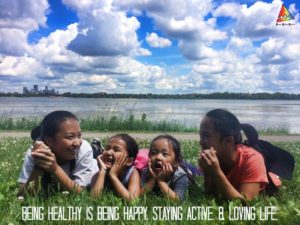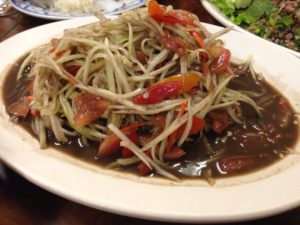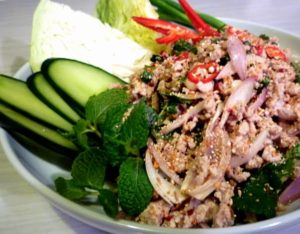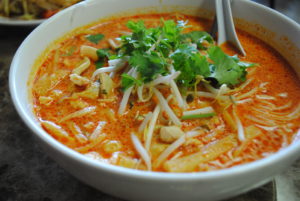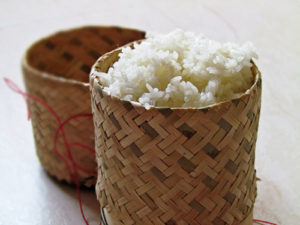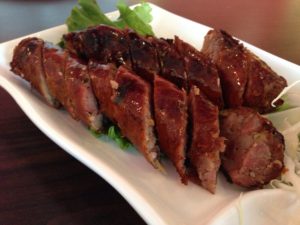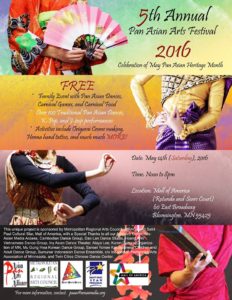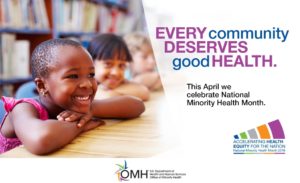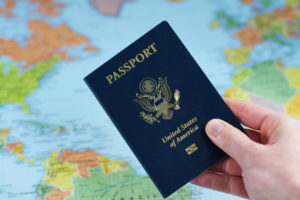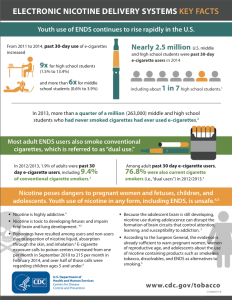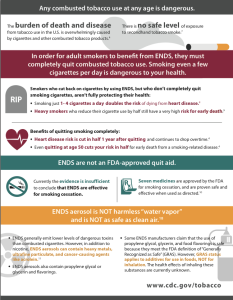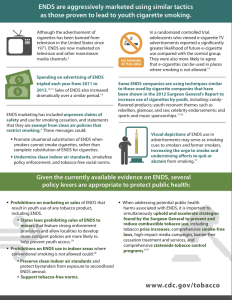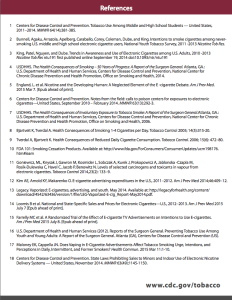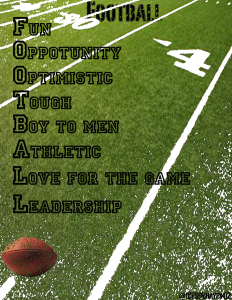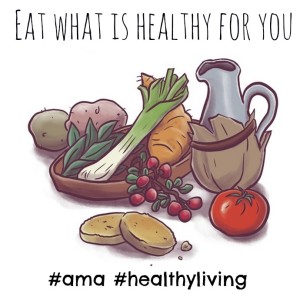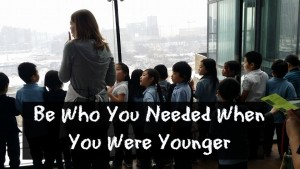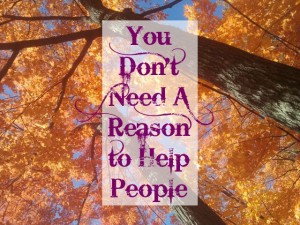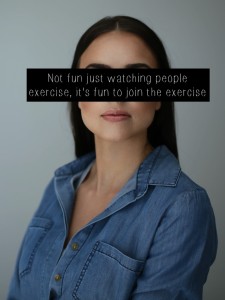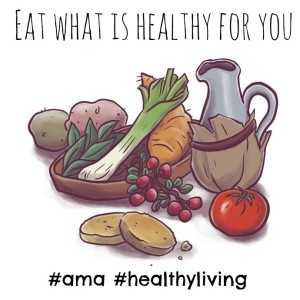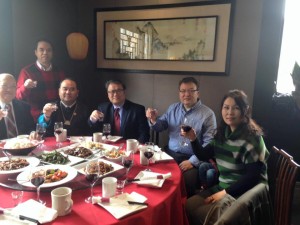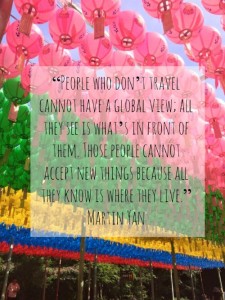“Of the population — which includes the Chinese, Filipino, Indian, Japanese, Vietnamese and Korean subgroups — Chinese adults scored the best on five measures of health, including health status, multiple chronic conditions, serious psychological distress in the last month and limitations in work or social participation.
The data was collected between 2010 and 2014 as part of the National Health Interview Survey, surveying about 166,000 people over the age of 18.” – Emma Court, marketwatch
Asian Americans was reported to be the healthiest Americans among other groups of people. But datas have not detailed the reasons why or possible factors that separates Asian Americans from other groups. There could be potential factors that may have helped Asian Americans to remain healthy. So, listed down below are some reasons why:
- Asian Americans have more options in terms of what they eat growing up, going out, etc. The food/cuisine of Asian cultures is very vast and uses a lot of different ingredients. Also, they tend to be healthy and include fresh ingredients. Some cultures have a more extensive veggie variety such as the Indian cuisine. Whiles other cultures focus on eating a balance meal such as Korean cuisine that have lots of veggie side dishes.
- Asian medicine is a big influence in the beliefs and practices among all Asians. Although they are practiced differently throughout Asia and in the U.S., they all teach important health lessons and influence the lifestyle of others. For example, Chinese philosophies teaches people to live in harmony with their physical body and spiritual being. Want to acquire good life habits according to the Chinese medicine? Click here!
- Although Asian Americans are reported to be the healthiest Americans, they still face health issues that are not reported. Therefore, it is important to spread awareness onto others through sharing info with friends, families, and on social media. For more info on health disparities of Asian Americans, click here!

